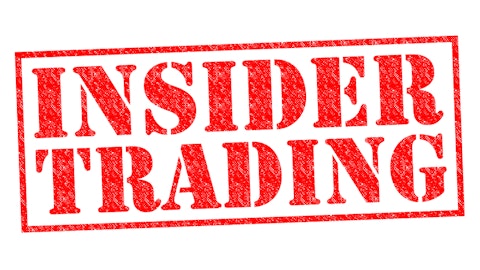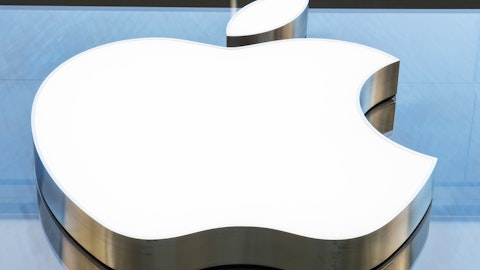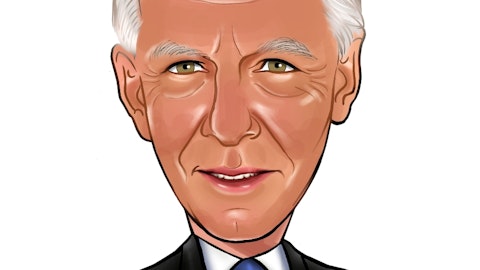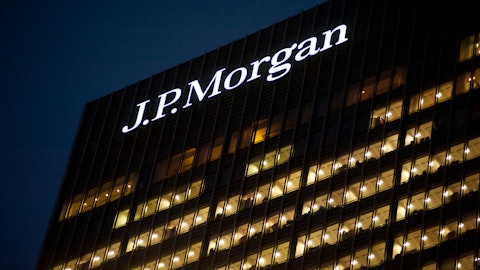McGraw Hill’s business model is also very attractive. The company primarily makes money based on subscriptions, which accounted for 61% of total revenue last fiscal year and provide a substantial base of recurring revenue.
Customers need McGraw Hill’s data and services to continue their operations, which makes this part of the business very sticky. As an example, the SNL business McGraw Hill recently acquired has a 94% renewal rate. Recurring subscriptions help smooth out results and continue delivering free cash flow when the company’s transaction based revenue (e.g. bond issuance) takes a dip.
Management has also taken steps over the last several years to refocus the business on its strengths in the financial services market and is even looking to change the company’s name to S&P Global to better reflect this shift. The company sold its education publishing business in 2013 for $2.4 billion and is currently looking to sell its J.D. Power business as well.
In addition to divestitures, McGraw Hill has actively acquired companies that fit its strategy. Most recently, the company acquired SNL Financial for $2.2 billion in 2015. SNL is a major news and data services provider that serves the financial, real estate, energy, media, and metals & mining sectors.
This deal will help McGraw Hill offer a more compelling bundle of services to its existing customers. SNL’s services largely complement McGraw Hill’s S&P Capital IQ business and widen the reach of its Platts business in commodities markets. McGraw Hill also has plenty of opportunity to expand SNL’s services overseas (over 90% of its revenue was from the Americas at the time of the acquisition).
McGraw Hill’s growth should benefit as it continues assembling a portfolio of assets that can be cross-sold to existing customers, increase switching costs, generate higher deal values, and scale easily.
McGraw Hill’s Key Risks
McGraw Hill Financial Inc (NYSE:MHFI) is sensitive to financial markets, which drive the performance of many of its clients and impact the amount of business it conducts. One of the bigger risks that could occur over the next several years would be a slowdown in the number of bonds issued, which would dent demand for the company’s ratings services.
Low interest rates around the world have resulted in a surge in borrowing by practically every type of company, and this environment is unlikely to prove sustainable. If less debt is issued in future years, there will be fewer securities for S&P to rate to make money on. We are already starting to see this effect as McGraw Hill noted that bond issuance fell by 22% during its fourth quarter and caused its S&P Ratings segment to decline by 7%.
Additionally, the company would be hurt in the event of a bear market or another financial crisis. McGraw Hill’s reputation took a hit along with the other ratings agencies during the last recession as many high-rated pieces of subprime debt issued during the housing boom went bust. This dented trust in the company and could happen again.





